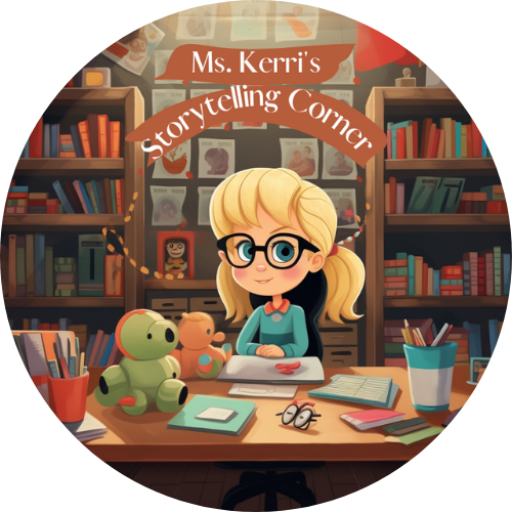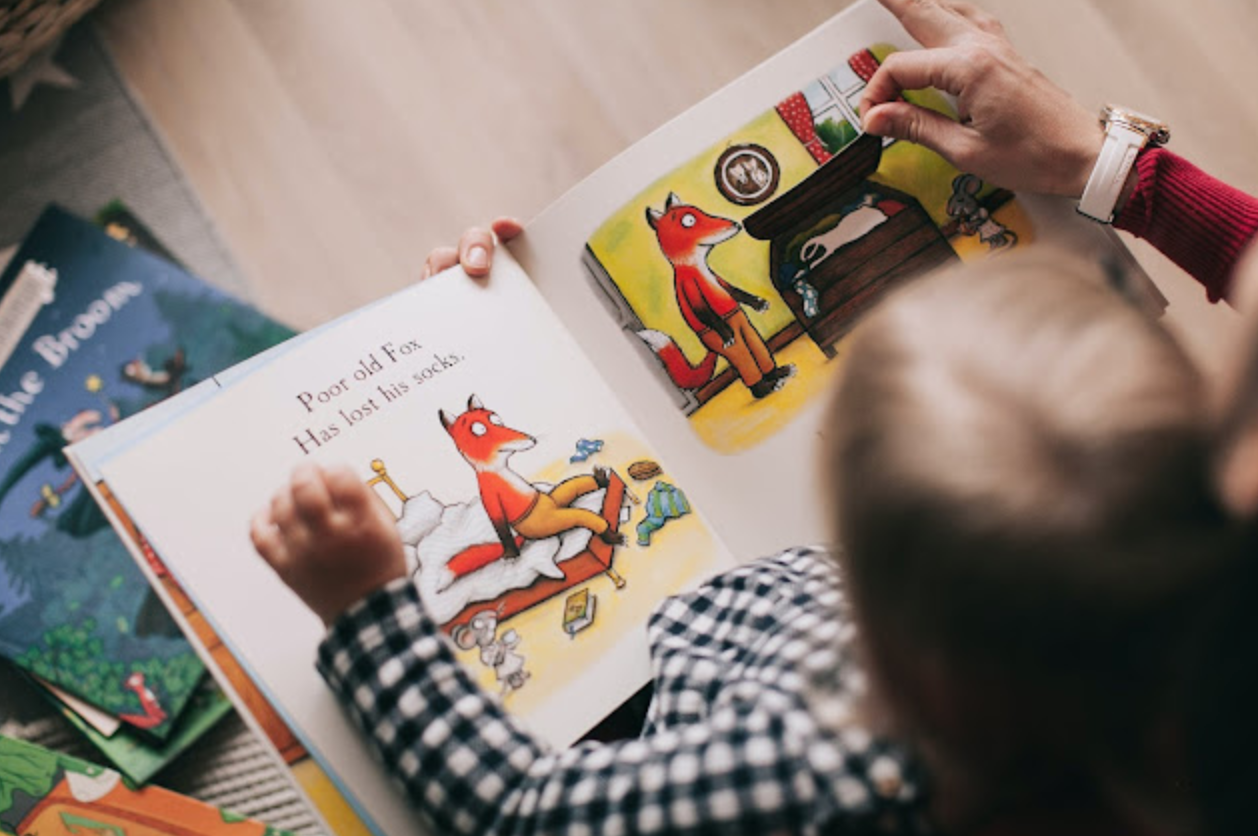Teach Children Ethics: Reading Aloud Kindness
Introduction
Teaching children ethics is an important aspect of their development, as it helps shape their character and moral compass. One way to instill the value of kindness in young minds is through children’s read-alouds. These stories not only capture children’s attention and imagination but also convey powerful messages about empathy, compassion, and treating others with respect. In this blog post, we will explore the impact of reading aloud kindness and how it can help teach children ethics in a fun and engaging way.
The Role of Read-Alouds in Early Childhood Education
Reading aloud plays a crucial role in early childhood education, providing numerous benefits for children’s development. Not only does it enhance their literacy skills and language acquisition, but it also introduces them to a world of imagination and wonder. Best children’s read-aloud books and interactive kids’ storytime videos create a strong foundation for learning to read and foster a love for books. Whether it’s at home or in a classroom setting, read-alouds engage children, spark their curiosity, and cultivate their listening skills. By starting to read early and incorporating read-alouds into preschool and kindergarten curriculums, educators can set their students up for a lifelong love of reading and a solid start in their literacy journey.
Combining Phonics Learning with Moral Lessons Through Read-Alouds
Combining phonics learning with moral lessons through read-alouds is a powerful way to engage children in learning while also instilling important values. By selecting the best books that not only teach phonics but also emphasize kindness and empathy, educators can create a meaningful reading experience. Children learning to read at home or participating in a classroom read-along can benefit from this approach, as it helps them develop their literacy skills while also learning about important moral concepts. By integrating these two elements, educators can give their students a strong start in their literacy journey while also nurturing their sense of compassion and respect for others.
Top Choices for Engaging and Ethical Read-Aloud Stories
When it comes to teaching children ethics through read-alouds, selecting the right books is key. Fortunately, there are plenty of engaging and ethical stories that can capture children’s imaginations while imparting important moral lessons. Some of the best stories for reading to children include “Wonder” by R.J. Palacio, which teaches empathy and acceptance, and “The Invisible Boy” by Trudy Ludwig, which emphasizes kindness and inclusion. Other great choices include “Each Kindness” by Jacqueline Woodson and “The Giving Tree” by Shel Silverstein. These stories not only promote literacy, but also inspire children to be kind, compassionate, and respectful individuals. So, grab a book and start reading to your students or children – because literacy matters and so does kindness!

Nurturing Kindness: Selecting and Reading Aloud-Books About Kindness
Nurturing kindness in children is essential for their development, and one effective way to do this is through selecting and reading aloud books about kindness. When choosing these books, it is important to consider the age and interests of the children, as well as the specific themes of kindness and empathy. Look for stories that feature relatable characters, positive role models, and moral lessons that children can understand and apply to their own lives. By reading aloud these books, educators can create a nurturing environment that promotes empathy and teaches children the importance of kindness towards others.
Case Studies: The Impact of Kindness-Focused Read-Alouds in the Classroom
In the classroom, the impact of kindness-focused read-alouds on children’s learning is truly remarkable. Through these stories, children not only learn valuable moral lessons, but they also develop important social-emotional skills. Case studies have shown that children learning in classrooms incorporating kindness-focused read-alouds demonstrate increased empathy, compassion, and respect for others. These stories create a positive and inclusive classroom culture, where children feel safe to express their thoughts and emotions. Furthermore, teachers have reported improved behaviour and reduced bullying among their students. The power of read-alouds to shape children’s character and foster a kinder society cannot be underestimated.
A Trusted Resource: Building Your Classroom’s Read-Aloud Library for Moral Development
Building your classroom’s read-aloud library for moral development is an important step in teaching children ethics. As an early childhood educator, you want to provide your students with engaging and impactful stories that promote kindness and empathy. A trusted resource for building your library is to seek recommendations from fellow educators, librarians, or reading specialists who are familiar with children’s literature. Additionally, online resources and book review platforms can offer valuable insights into books that focus on moral development. Consider organizing a book drive or reaching out to parents and the community for book donations. By building a diverse and inclusive library, you can ensure that children learning in your classroom have access to a wide range of stories that promote moral values.
Make your stories magical…click HERE to learn how!

Conclusion
Teaching children ethics through read-alouds about kindness is a powerful tool for their development. By engaging children in stories that emphasize empathy, compassion, and respect, educators can instill important moral values in their students. The impact of these read-alouds is evident in the classroom, as children demonstrate increased empathy, improved behaviour, and reduced instances of bullying. Building a diverse and inclusive read-aloud library is key to providing children with a wide range of stories that promote moral values. By nurturing kindness through read-alouds, educators play a crucial role in shaping a kinder and more compassionate society. Keep reading, keep teaching, and keep fostering kindness in children’s learning!
Questions and Answers
Q: How can read-alouds about kindness benefit children learning ethics?
A: Read-alouds about kindness can benefit children learning ethics by teaching them important moral values such as empathy, compassion, and respect. These stories engage children’s imaginations and capture their attention, making the learning experience fun and engaging. By incorporating moral lessons into read-alouds, educators can effectively instill these values in children and help shape their character and behaviour.
Q: How can I select the best books for read-alouds about kindness?
A: When selecting books for read-alouds about kindness, consider the age and interests of the children. Look for stories with relatable characters, positive role models, and moral lessons that children can understand and apply to their own lives. Additionally, seek recommendations from fellow educators, librarians, or reading specialists who are familiar with children’s literature. Online resources and book review platforms can also provide valuable insights into books that focus on moral development.
Q: How can I build a diverse and inclusive read-aloud library for moral development?
A: Building a diverse and inclusive read-aloud library for moral development involves seeking book donations from parents and the community, organizing a book drive, and exploring online resources for recommendations. Consider including stories from different cultures, backgrounds, and perspectives to promote inclusivity and expose children to a variety of experiences and values. By building a library that reflects the diversity of the classroom and society, educators can ensure that all children have access to stories that promote moral values.

Ms. Kerri’s Corner provides a exciting virtual space for preschool learning. Through a variety of engaging activities, she exposes young minds to early math, literacy, science and social-emotional skills in a developmentally appropriate way. Centers for blocks, art, books and music allow children to explore hands-on learning at their own pace. Guided lessons subtly introduce number sense, letter sounds and narrative thinking. Careful observation gives insight into each child’s progress across domains. Viewers are also invited to participate, reinforcing that their ideas are valued. By making learning fun yet purposeful, Ms. Kerri lays the groundwork for future academic success while fostering creativity and imagination. Her program offers preschoolers valuable screen-based learning experiences.




